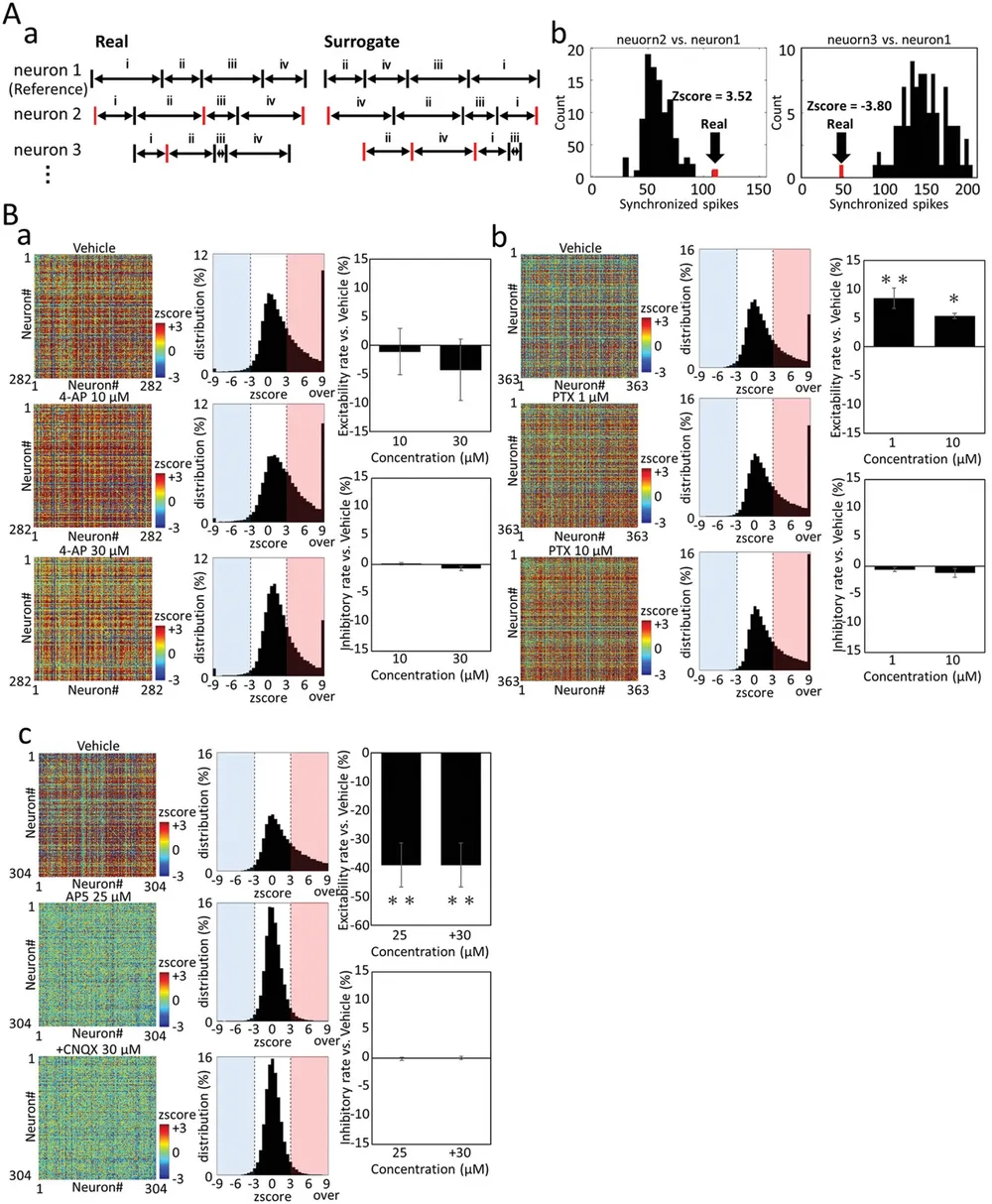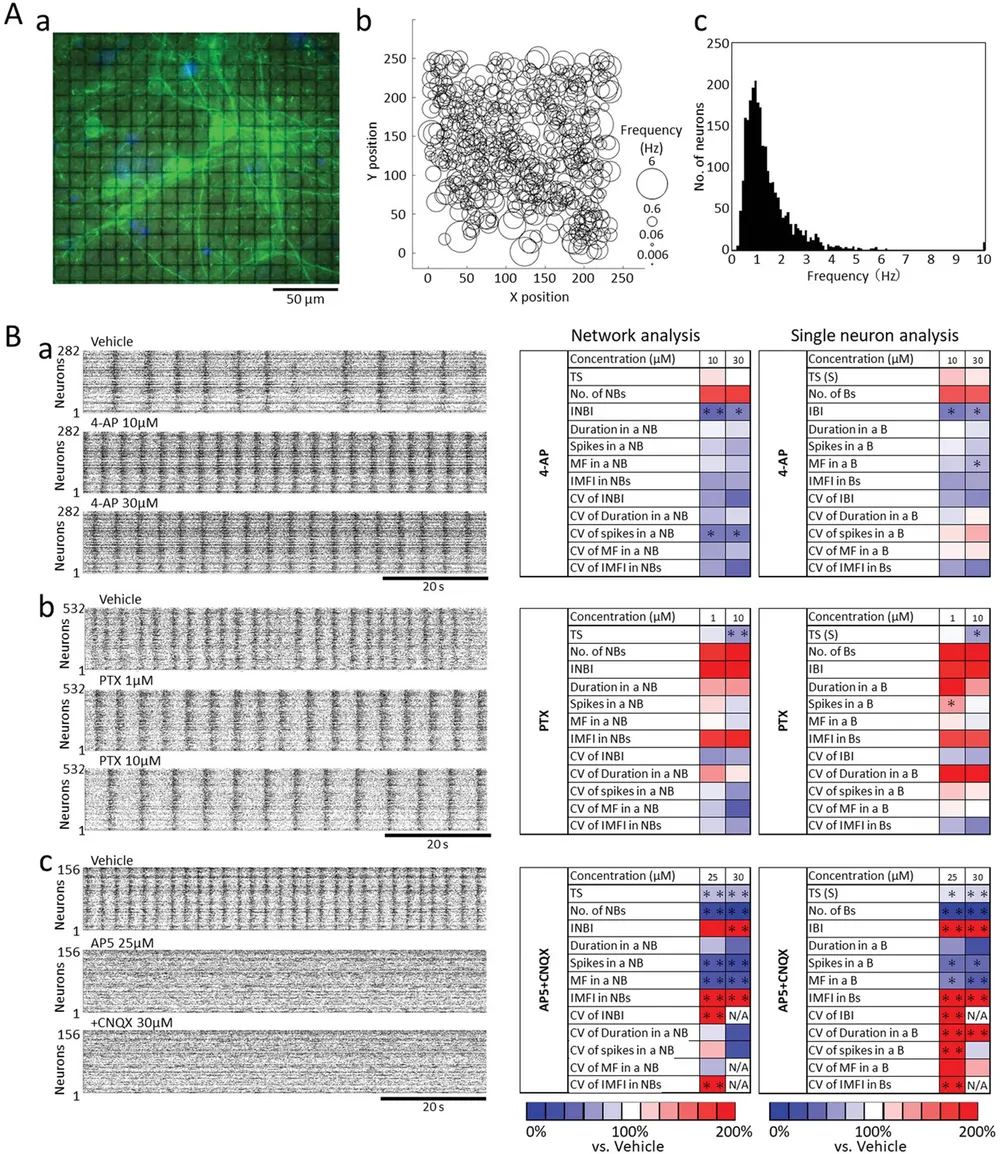ALS
# Advancing ALS Research with Next-Generation Electrophysiology & AI-Driven Insights
Understanding ALS with High-Precision In-Vitro Electrophysiology Models
Amyotrophic Lateral Sclerosis (ALS) is a progressive and fatal neurodegenerative disease that affects motor neurons, leading to muscle weakness, paralysis, and respiratory failure. At VitroVo, we provide cutting-edge in-vitro electrophysiology solutions that enable researchers to study ALS pathophysiology and accelerate the discovery of new treatments. Our expertise in MEA technology, coupled with advanced iPSC-derived motor neuron models, offers unparalleled insights into motor neuron degeneration, synaptic dysfunction, and the efficacy of drug candidates for ALS.
Why Choose VitroVo for ALS Research?
VitroVo combines state-of-the-art technology, AI-powered data analysis, and customized disease models to address the complexities of ALS research. By leveraging our high-resolution MEA platforms and expertise in functional neural assessments, we help uncover therapeutic solutions to combat this debilitating disease.
Key Advantage
-
Relevant Disease Models: Use iPSC-derived motor neurons and co-culture systems to replicate ALS-specific features like axon degeneration, glial-mediated neuroinflammation, and synaptic disruption.
-
Functional Data Analysis: Perform real-time analysis of motor neuron activity, synaptic transmission, and network connectivity using our Ultra-HD-MEA technology.
-
Predictive Insights: Leverage AI-driven analytics to evaluate the efficacy of potential ALS treatments, including neuroprotective compounds, gene therapies, and anti-inflammatory agents.
-
Motor Neuron Models: Utilize iPSC-derived motor neurons and spinal cord models to study key ALS features, including the loss of motor neuron function and interactions with glial cells like astrocytes and schwann cells.
-
High-Resolution Electrophysiology: Record single-cell activity and network-level dynamics with our Ultra-HD-MEA systems, enabling the precise evaluation of motor neuron health and drug effects.
-
Gene Expression Profiling: Use RNA-seq and RT-qPCR to assess changes in gene expression related to motor neuron degeneration and potential therapeutic targets.
-
Glial-Mediated Neuroinflammation Studies: Investigate the role of astrocytes and microglia in ALS using co-culture models, providing insights into inflammatory pathways and neurodegeneration.
Explore ALS Drug Discovery with VitroVo’s Advanced Platforms
Innovative Models for ALS Research:
-
iPSC-Derived Motor Neurons: Model ALS-specific motor neuron degeneration, axonal loss, and protein aggregation with patient-derived cells.
-
Imaging Techniques (ICC, Fluorescent Dyes): Visualize motor neuron morphology, axonal structures, and protein aggregates using advanced imaging tools.
-
Biomarker Analysis (ELISA): Detect specific cytokines and protein markers related to ALS progression and treatment response.
-
Organ-on-a-Chip Systems (MPS): Simulate motor neuron-glia communication in a microphysiological system for advanced ALS modeling.
Unravel ALS Complexities with VitroVo’s Expertise
VitroVo’s commitment to innovation in electrophysiology and neurodegenerative disease research makes us a trusted partner in ALS drug discovery. From high-resolution MEA technology to customizable models, we deliver actionable data that empowers researchers to develop effective therapies for ALS.
Assays
See assay examples below to find out how VitroVo can advance your ALS research

